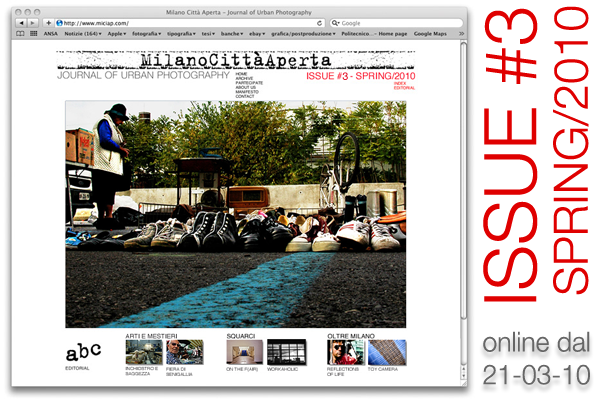Trincee urbane
In Milan live 13.000 homeless but only 2.500 can be aided. This is a story about people who are really hit by the Crisis.
Angelo, 50, was fired, separated from his wife and lost his home. Antonio is jobless because he suffered a heart attack. Now he waits for retirement and survives on €220 per month. Marco, 33, is a chef and speaks seven foreign languages and with his friend Dario, a dental technician, both live on the streets.
In Italy, only a third of the homeless are Italian citizens, the others come mainly from Romania, Albania and Morocco.
Some of them are political refugees, others are looking for a job or for basic assistance, that in their Countries simply doesn’t exist. Some, in Hungary, a member of the European Union, are declared criminals only because of their homeless condition.
During the winter, the city of Milan can provide beds for only 2.500 of the 13.000 homeless. To gain access, people must present themselves at the Help Center in Ferrante Aporti, where the indigents are registered and checked for tuberculosis.
After registration individuals are posted wherever a spot is available: in the large municipal dormitory, an unoccupied school, an underground temporary shelter or in a container campground. During the day, the homeless spend part of their time in line, waiting for a meal. Buses, public libraries, hospital waiting rooms and betting rooms are all daytime shelters.
Many others in the streets look for a shelter for the night. They patiently wait for a hot meal from City Angel volunteers.
The path that brings people to the street is almost always the same. It begins with the loss of a job, a divorce or widowhood. Then, when they cannot afford rent, they become homeless. They take to the streets, carrying with them only a few belongings and memories.
For them social recovery is difficult, but not im - possible. Charitable Foundations committed to social assistance sometimes need help and some find jobs as gardeners or as security guards. So - metimes they also get public housing.
| SHARE + |
|


